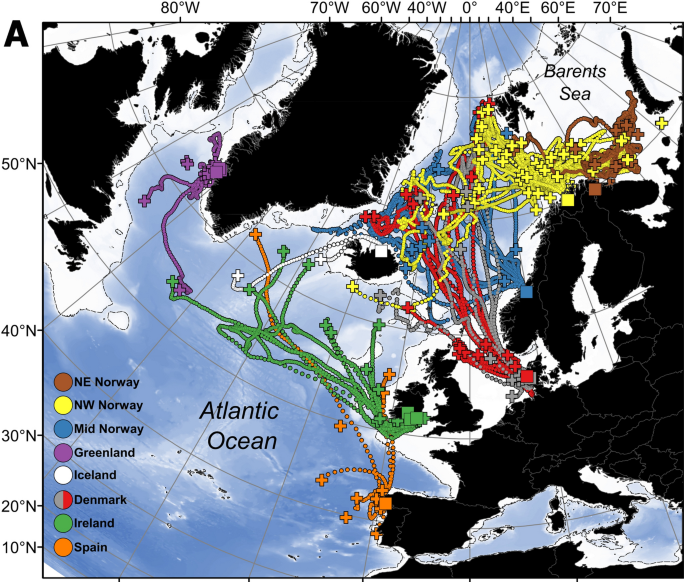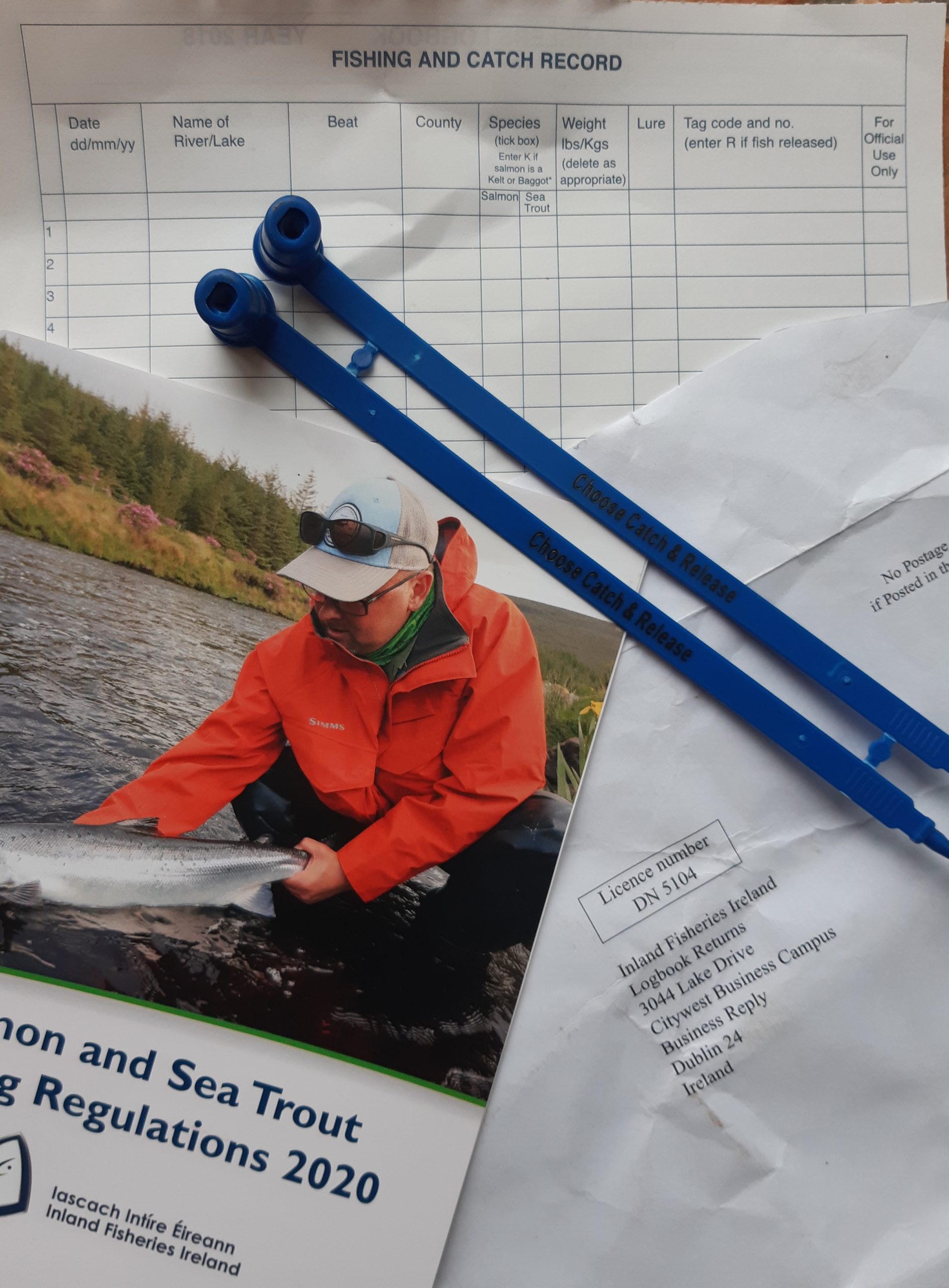
by Barbara Killeen | Jun 17, 2021 | aquaculture, Biodiversity, Climate, Fishing
Inland Fisheries Ireland involved in major international research study, tracking salmon from Barrow, Nore, Suir and Blackwater Rivers A new study published in the NATURE Journal this month, Scientific Reports, reveals the marine migration route of Atlantic salmon in...

by Barbara Killeen | Apr 27, 2021 | aquaculture, Fishing
Monday, 26th of April 2021: Inland Fisheries Ireland is requesting all salmon and sea trout anglers who have not returned last seasons (2020) angling logbook and unused gill tags to do so immediately. The logbooks and unused gill tags are necessary to provide vital...




